Historically, building new cities is an ancient endeavor embarked on for different reasons. By 2050 an estimated 2.5 billion more people will be added to urban areas, with 90% of this growth taking place in Africa and Asia. All of Africa’s key sub-regions will have more than 50% of their population living in urban areas.
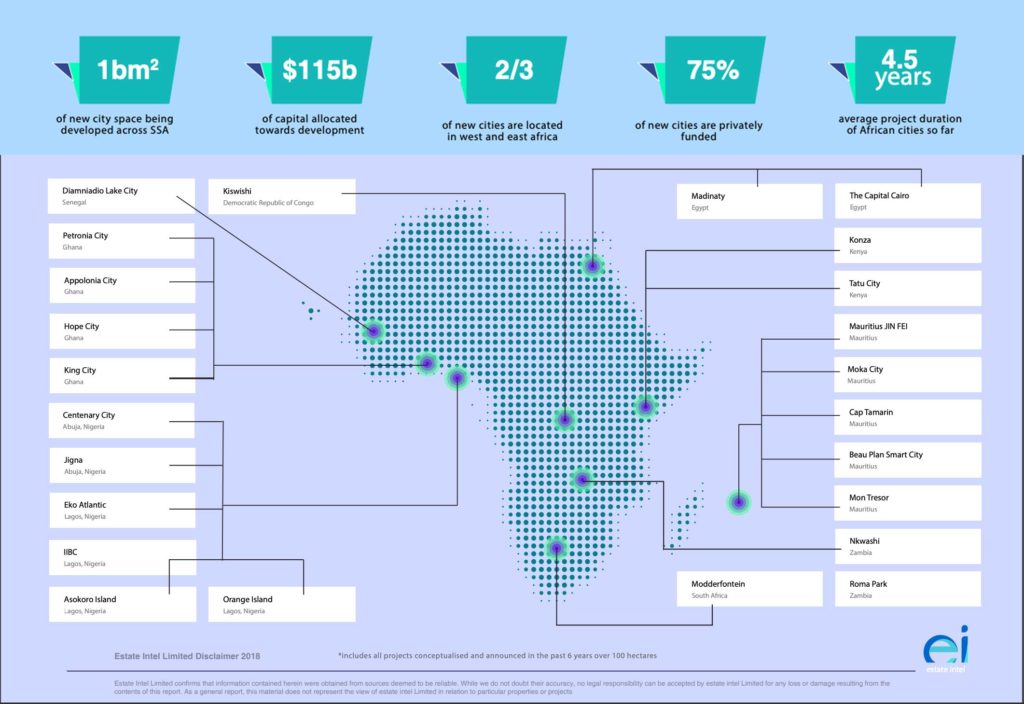
__________________________
According to Nobel Prize-winning economist Paul Romer, this will mean the building of more urban areas in the next 100 years than currently exists today. New cities are expected to boost foreign direct investment in Nigeria and create tens of thousands of jobs. Currently, private investors (including Rendeavour) are building seven new cities in Africa: Kenya, Nigeria, Ghana, Zambia, and the Democratic Republic of the Congo.
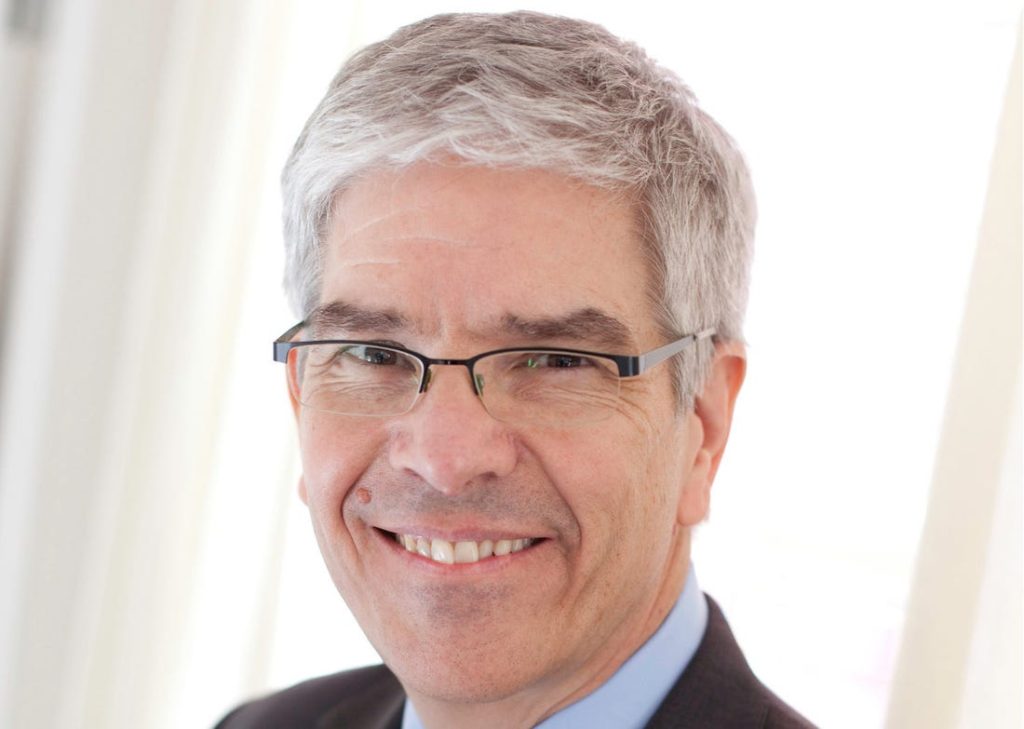
__________________________
With over US $250m investments in each of the projects, these cities will present the infrastructure, living and working spaces that will help sustain and accelerate Africa’s economic growth, meet the aspirations of Africa’s burgeoning middle classes, and serve as a catalyst for further urban development.
Retrofitting already existing cities can be up to three times more expensive than planning for infrastructure in advance of settlement. This is driving some leaders to the option of constructing whole new cities as the overall solution to overcome the pressures of limited infrastructure and services, such as housing, employment, health, education, and safety. on existing ones. The idea of constructing new cities to solve urbanization challenges is not new. In Africa, for example, the first post-independence wave came with some governments deciding to move their capital cities. Yamoussoukro and Abuja readily come to mind.
Abuja
Planned and built mainly in the 1980s, it replaced the country’s most populous city of Lagos as the capital on 12 December 1991. Lagos was congested, polluted, with insufficient infrastructure. Militarily, it was coastal and therefore open to attack. For this same reasoning, Brazil had moved its capital from Rio de Janeiro to Brasilia. But the results were different.
A team had flown to Paris where they admired the widened boulevards of Haussmann.
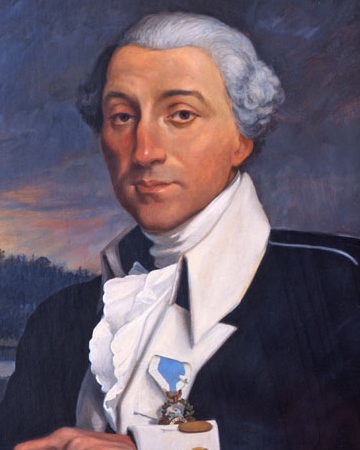
After the assessment, they considered Washington, D.C. for its design of public spaces. Of course, Washington D.C. was itself patterned on Paris, through the design of L’Enfant. With Paris and Washington in mind, the team had recommended wide streets to let air circulate freely to encourage a healthful climate.
Two zones were stipulated: a central zone with government buildings and cultural institutions on broad avenues, and a residential and shopping zone. Along with government facilities came water supply, an airport, schools, health care facilities, and public transport.
By 1987, water and telephone systems to accommodate a million people were in place; the population at the time was still only 15,000! A university was founded in 1988. People streamed into Abuja faster than housing could be built. Even water that was deemed ample became scarce and dams were built to supply additional drinking water and electricity. Private developers were encouraged to step and resolve the housing deficit.
The Effect
Any new city takes time to grow. Abuja, though still much smaller than Lagos, which remains Nigeria’s economic hub, has, however, already experienced rapid population growth since it was founded. Between 1981 to date, it has grown a population of over 3 million.
Many countries moved the embassies to Abuja while maintaining their former embassies as consulates in Lagos, the commercial capital of Nigeria. Abuja remains the headquarters of the Economic Community of West African States (ECOWAS) and the regional headquarters of OPEC.
Abuja and the FCT have experienced huge population growth; it has been reported that some areas around Abuja have been growing at 20% to 30%. Over 285 public schools, 80 private primary schools, and 65 secondary schools have been built, as well as several hospitals and over 300 doctors have moved to Abuja.
Newer Cities
A new report by Estate Intel, a real estate market data and research firm, shows private developers and governments across the continent are spending over $100 billion on new sprawling city projects from
- utopian sea-side business districts
- smart tech hubs to
- futuristic residential cities.
Of the eighteen major new city projects analyzed in the report, Nigeria accounts for five which, when completed, will cover a landmass of more than 25 million square meters. Get the report here
New cities are futuristic in design and also in delivery dates as the typical timeline for completion ranges from 10 to 30 years comprising of planning, development, and sale processes.
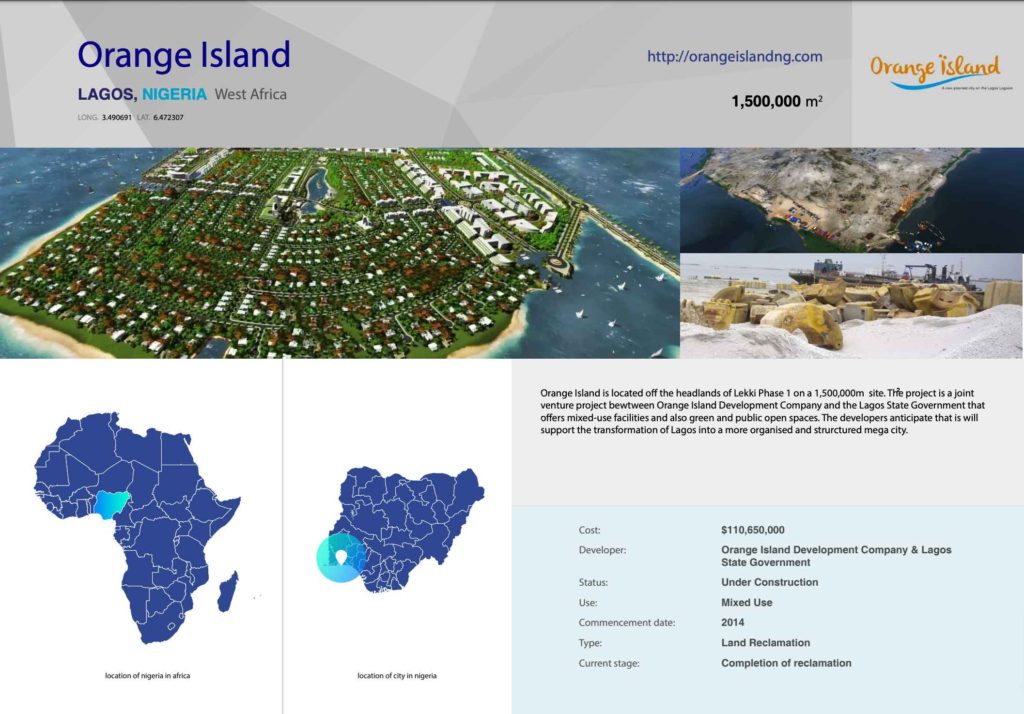
__________________________
Marketing the new cities to prospective new inhabitants happens long before they’re completed. Developers often pull out all stops from promising early bird discounts to using slick marketing videos to showcase the cities. It’s a tactic that often drives early adoption and then a surge in the value of the property. For instance, land prices in Lagos’ Eko Atlantic have nearly doubled since construction began in 2008.
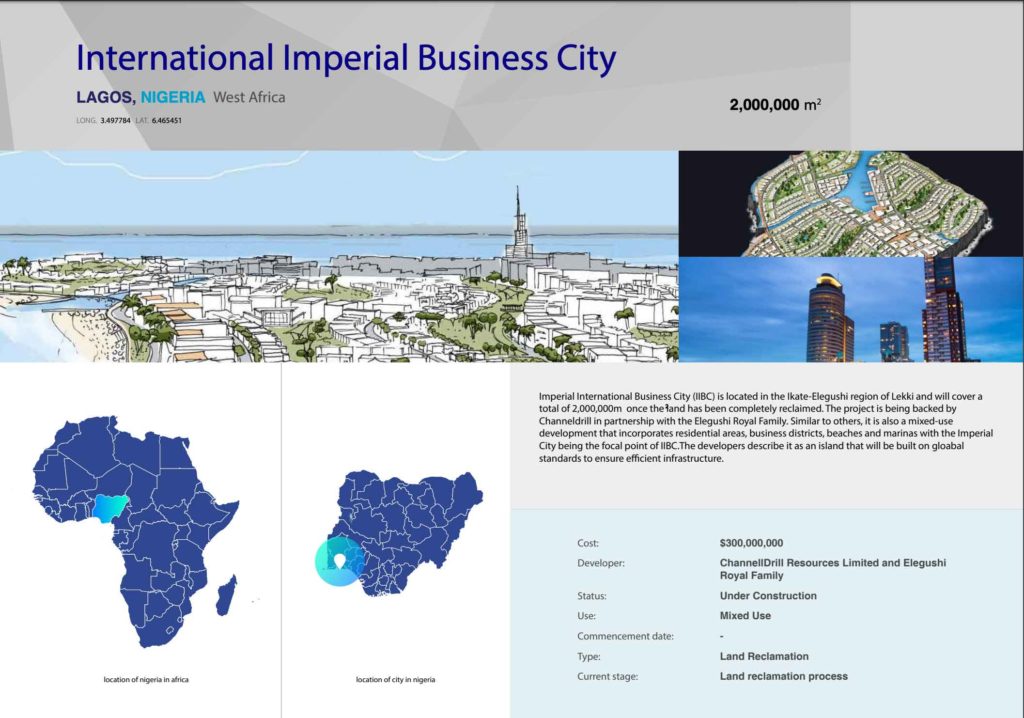
__________________________
While the Federal government has not been able to build new cities post-Abuja, state governments will require private sector partners to pull off the feat.
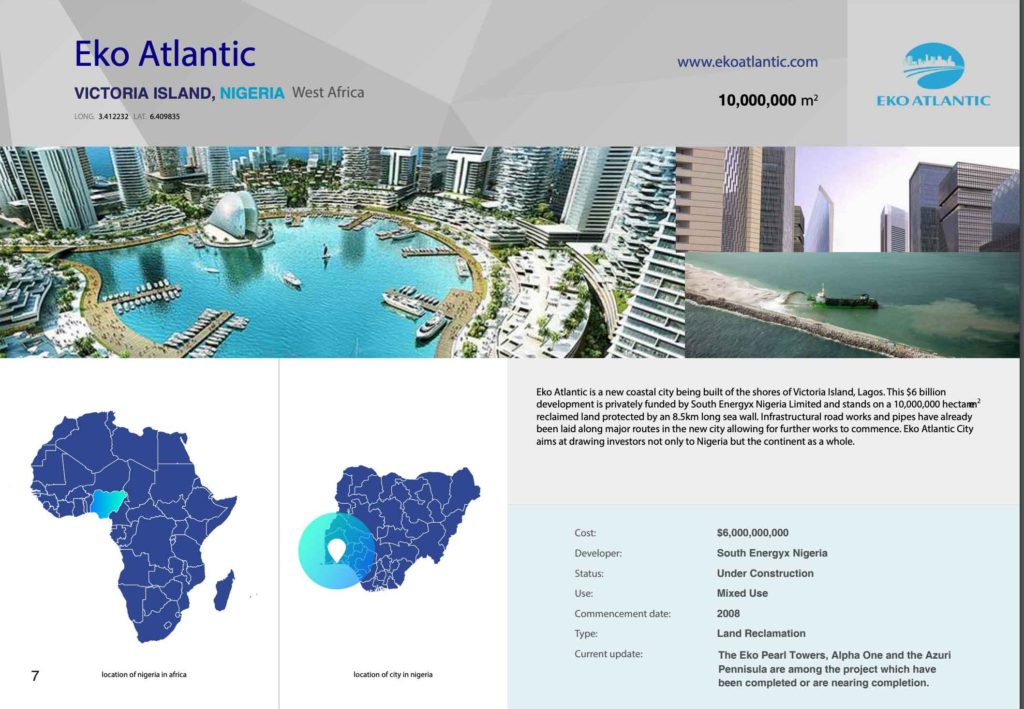
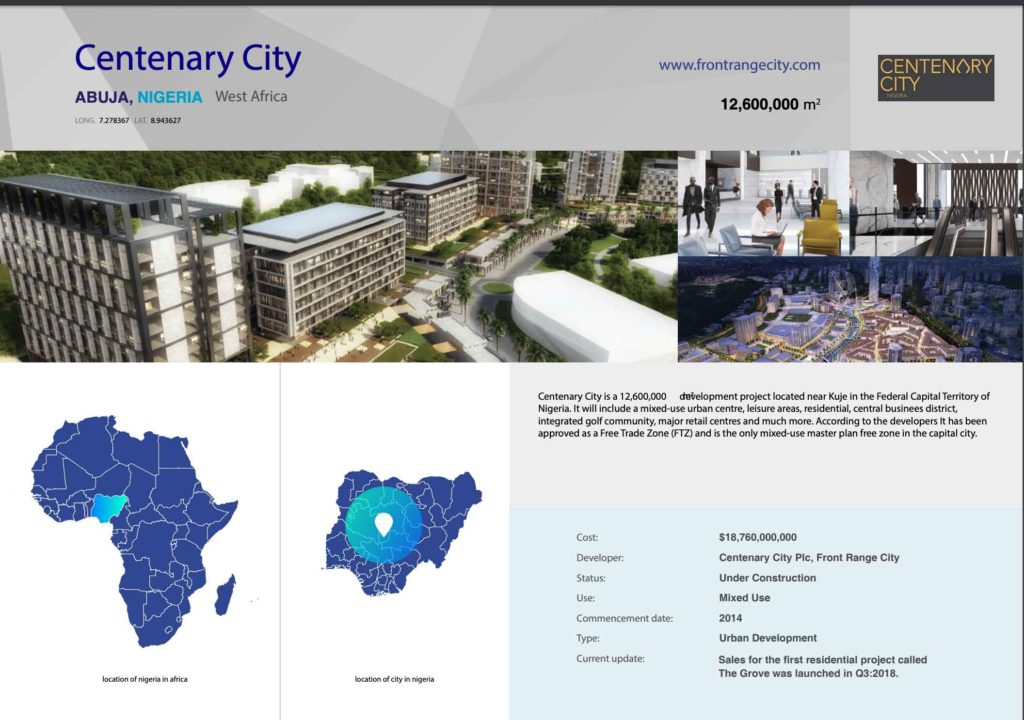

__________________________
In Lagos, a new modern city is set to be constructed at a whopping cost of US $249m, in the North West Quadrant of the Lekki Free Zone in Lagos, one of Africa’s fastest-growing cities with a population of over 20 million.
Most popular are Alaro City and Eko Atlantic City.
South-Eastern Nigeria
Senegal’s $2 billion Diomniadio city is due to be completed by 2035 while in Vision City, Kigali, one of the country’s strings of proposed “smart cities,” a home unit costs around $160,000. In all of these, where are the blueprints and masterplans for new cities in southeastern Nigeria?
The combined forces of the Abia State Commissioner for Housing, Chief Ugbaja T. Odionyemfe; Anambra State Commissioner for Housing, Micheal Okonkwo; Ebonyi State Commissioner for Lands, Survey and Housing, Sunday Inyima; Enugu State Commissioner for Lands and Urban Development, Dr. Victor Nnam; Imo State Commissioner for Lands, Survey, Housing, and Urban Development, Nicholas Anayo Amaefule alongside their executive governors and state houses of assembly are more than a potent force to initiate a Joint Venture between the states and private sector to drive and deliver on any newer Eastern city.
South Eastern Market clusters are successful in recording high annual turnovers in global trade. Robert Neuwirth speaking at the TEDGlobal 2017, opined that Alaba International Market averaged $4billion in turnover.
The South Eastern local-venture-capital backed Igbo Apprenticeship System breeds thousands of billionaires in this unique mutual-sharing-economy annually. Its emerging billionaires, a growing blue-collar, white-collar middle class, and the diaspora remain the target audience of the newer cities. Properly marketed, newer cities of South Eastern Nigeria, will be oversubscribed and severally replicated, giving rise to whole new infrastructure leaps in the regional economy.
Anambra State and Abia State nonetheless are making statements in concrete towards establishing new conurbations in the geopolitical area.
Abia State
Dr. Okezie Ikpeazu on the 3rd of June included a Special Adviser on Public-Private Partnerships and Investment promotions in the first 15 initial appointments he made. Mr. Austin Ufomba; an Ex Marketing Director Coca-Cola Nigeria and Ex- Marketing Director Guinness Nigeria as well as Ex-Vice President of FCMB.

__________________________
Ufomba’s appointment as SA on PPP is first in many regards. It was clear that investments and indeed private capital will be a priority consideration for service delivery in the new administration. He was joined in the team by the United States of America-based Lawrence Odoemelem. The team morphed into the PPP & IP office.
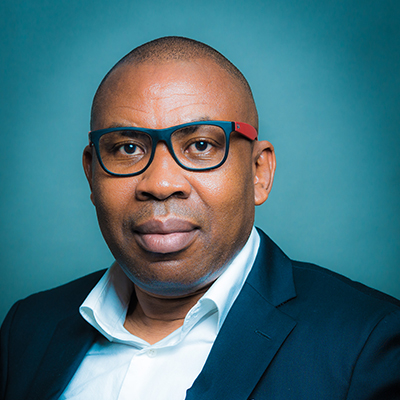
Austin Ufomba went to work quickly, setting an agenda that included the attraction of a minimum of $5Billion for commercial infrastructure and a brand new city.
The imperatives were to leverage Abia’s organic industries that gave the state’s commercial workforce force comparative and competitive advantages.
Robust PPP laws were formulated and passed by the state house of assembly in December 2015 to embolden investors, protect investments in the state, institutionalize investment activities, and create regulatory platforms.
__________________________
Abia Heritage City
Designed as an environmentally sustainable smart city, to be located on 800+ hectares of land at Owerrinta in Isiala Ngwa North with overlap into Isiala Ngwa South. Styled after Europe and American infrastructure models, the city boasts of best-in-class facilities including retail hubs, social/civic amenities, a university, model schools, hospitals, a world-class golf course, and mixed-use living in low, medium and high-density neighborhoods.
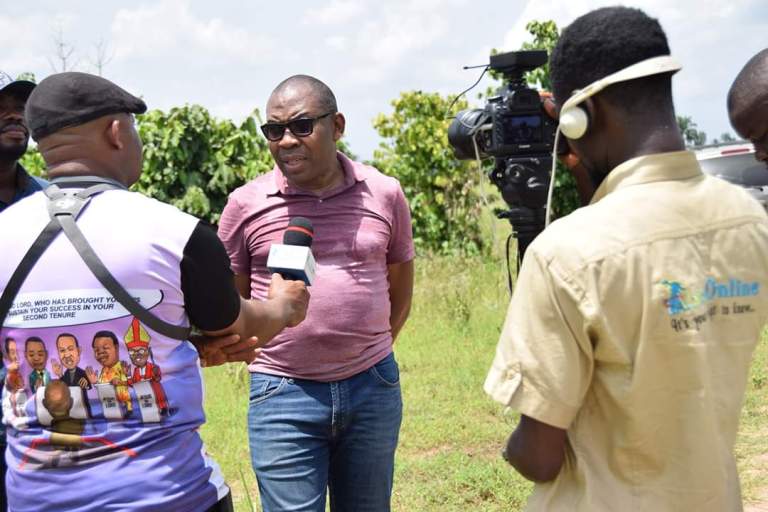
__________________________
The multibillion naira project will create over 1,000 direct jobs, transform the landscape, attract further investment inflow and other ancillary businesses as well as generate huge revenue for the state.
A 2018 Central Bank of Nigeria FDI report rated Abia third in Foreign Direct Investment in Nigeria with a $1.5billion inflow. Heritage City has an Economic Zone status and designs are completed whilst ground-breaking and physical construction commenced in the 4th quarter of 2019.
With the Imo river flowing on the west side, the picturesque serenity of the Heritage City will have an irresistible pull for customers who seek a safer, cleaner, greener, and more friendly environment to live, work and play. Heritage City’s 850 hectares (3 times the size of Victoria Island) of rainforest and is going to be one of the most functional estates in Africa.
With its Owerrinta location in proximity of many states; Heritage City is set to a growth that will make feeder towns of the existing cities of Aba, Umuahia, and Owerri within a 50-kilometer range as well as Port-Harcourt and Uyo within a-72 kilometer range.
And the target audience? Diaspora Community – the international diaspora community from the South Eastern States totaling about one million persons in key markets – USA, Canada and Europe.
The annual $1b Nigerian medical tourism market is in the sights of the Heritage City. It is designed to provide the much needed medical interventions in the secondary and tertiary health care industry in Abia State, the entire South East and Nigeria, partnering with the best practitioners around the globe. The COVID-19 has increased the relevance of this strategic thrust.
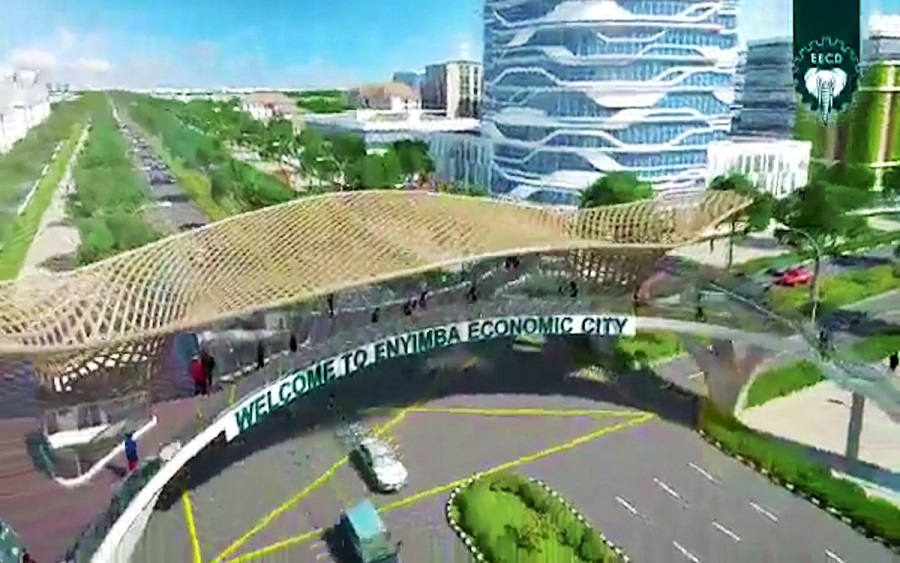
__________________________
Abia State has in the works Enyimba Economic City in partnership with Crown Realties, the Abia Agro-Industrial City, and NIBRA/Abia Leather City – Obuaku.
Anambra State.
The Awka Millennium City comes to mind in Anambra. The Governor of Anambra State, Sir Dr. Willie Obiano aggressively pursued a Think-Home diaspora investment drive across economic sectors.
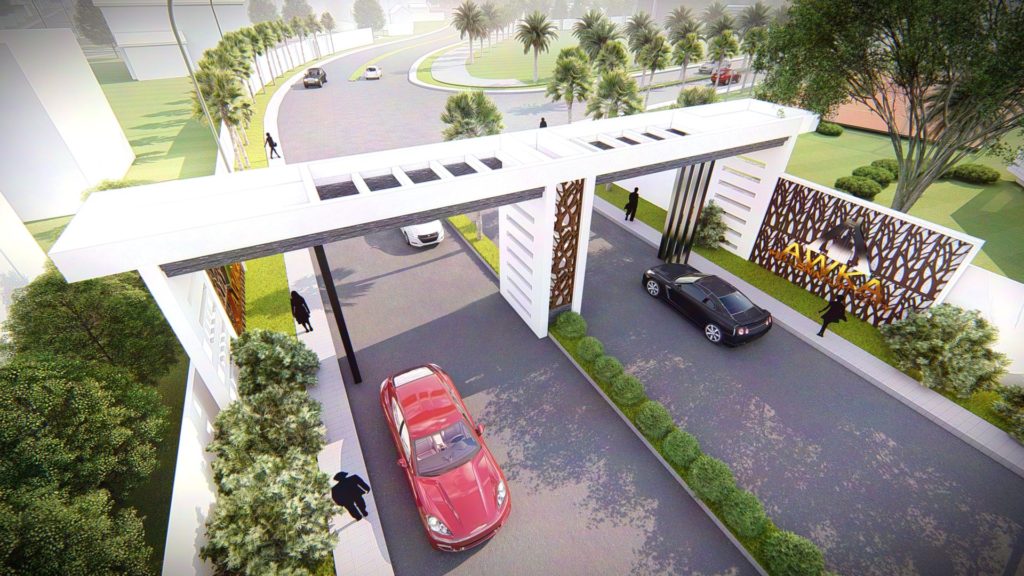
__________________________
This new city to serve Easterners as an iconic, master-planned gated community has become one of the outcomes. Conceived by the Anambra State Government as a PPP (Public-Private Partnership) initiative between ANSIPPA (Anambra State Investment and Promotions Agency) and MP Infrastructure the Awka Millennium City (AMC)project will be a large-scale mixed-use with residential neighborhoods, commercial areas, recreational parks, playgrounds, and world-class amenities. Phase 1 will be 100 hectares in size.
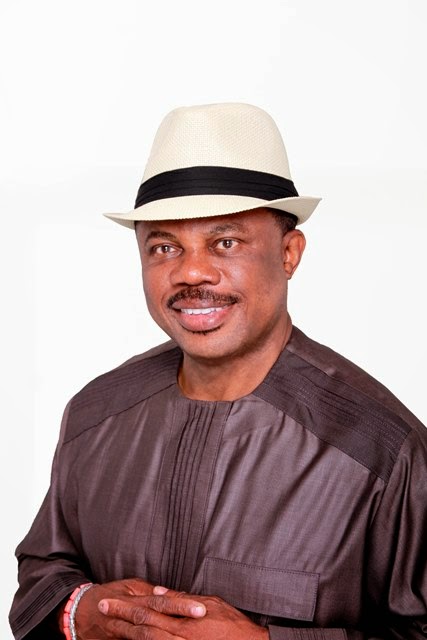
__________________________
The project partner, MP Infrastructure has been given the concession to design, build, operate, market, and manage the luxury city.
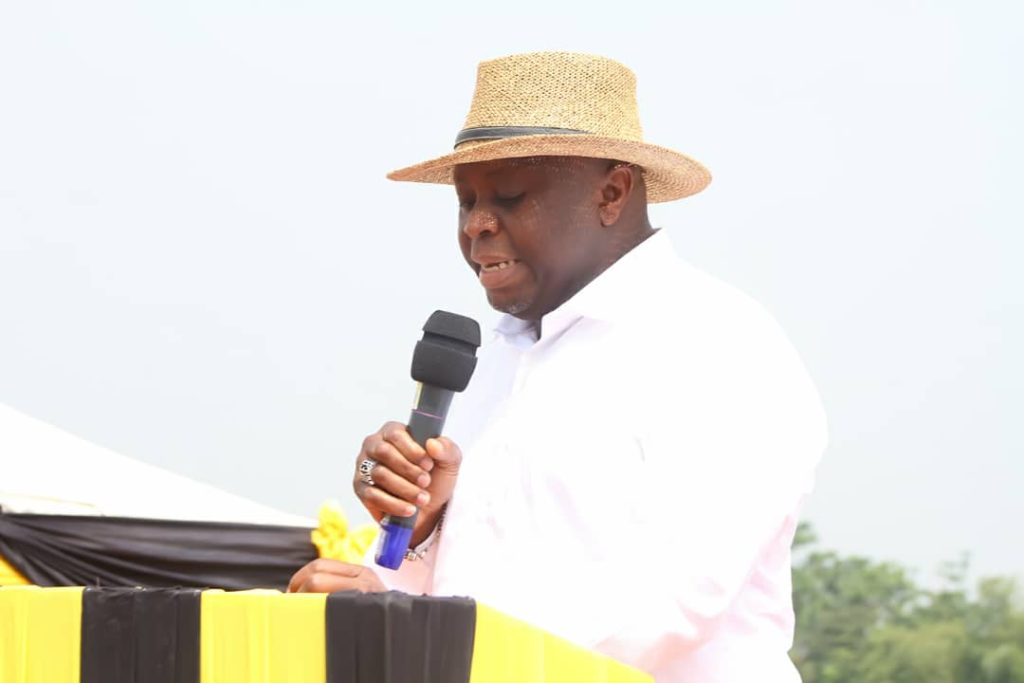
__________________________
Though the factors fuelling the desire to have other homes in the East may never fully be known, it is widely believed that Eastern Nigerians cannot resist the allure of the country homes in their numerous villages. Waves of nationalism have been reported to ignite xenophobia against eastern Nigerian and eastern Nigerian-owned businesses in different parts of the country.
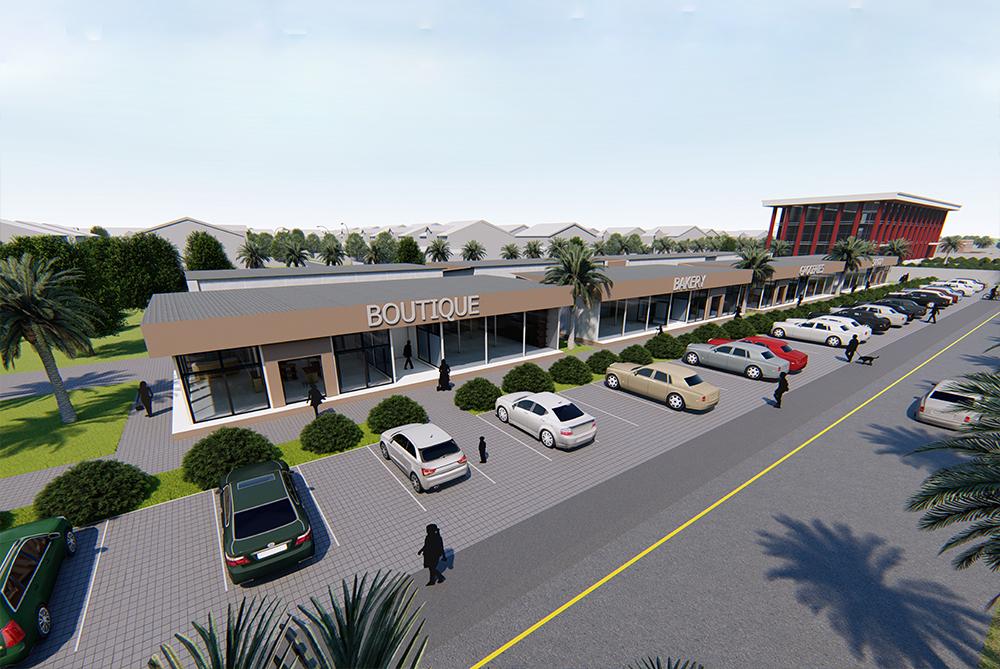
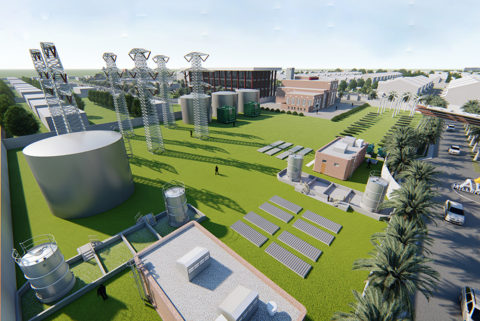
After the groundbreaking ceremony of Awka Millennium City on December 19, 2019, there are hopes for new cities in South-Eastern Nigeria. Price range from N10.4m to N266.2 million.
You can get a form here

